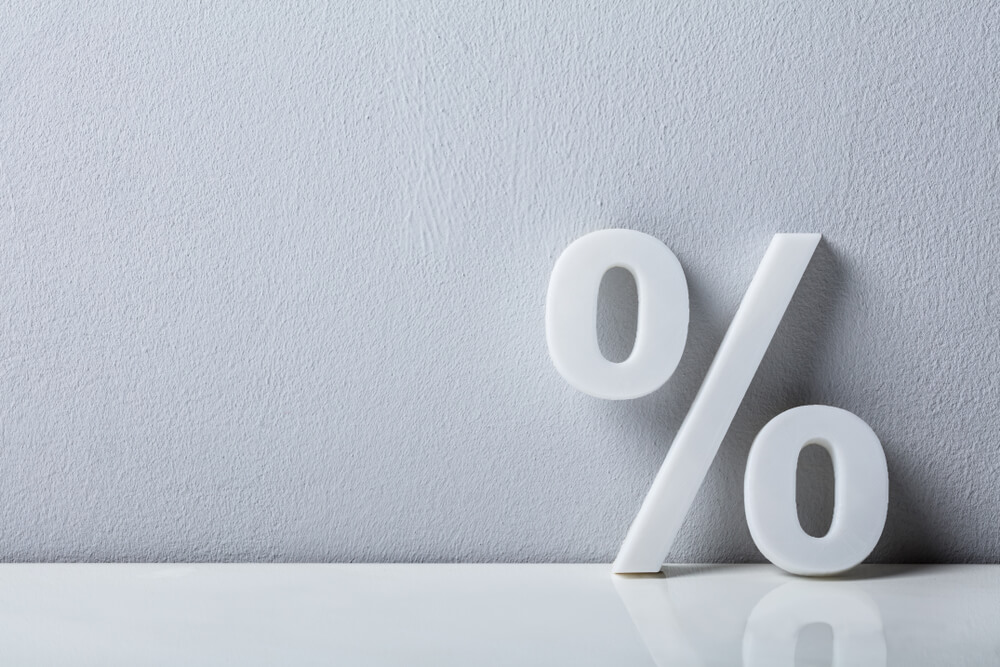Increasing reduced VAT rate
As of 1 January 2019, the reduced VAT rate increases from 6% to 9%. The increase relates to proposals providing for the structural reduction of taxes on income. No transitional law has been provided in respect of the rate change.
Tip: This increase may be a reason to make advance payments. In ascertaining the VAT rate, the normal moment of chargeability must be assumed.
Broadening Dutch exemption for sports
In principle, services provided by sports organisations to their members are exempt from VAT. In line with European law, Dutch VAT exemption for sports and sports-related activities will be expanded as of 1 January 2019, so that services by sports organisations to third parties are also exempt. Broadening the exemption for sports affects municipalities and sports clubs/foundations because, after introduction of the measure, providing sports facilities in future will qualify as a tax-exempt activity, which means that the right to tax deduction of input tax lapses.
Please note!
Perhaps transitional law will apply for sports facilities that have not yet been delivered as of 1 January 2019. Other cases may be entitled to a subsidy scheme for sports clubs and a specific allowance for municipalities as of 1 January 2019.
Digital services across the border
Entrepreneurs who sell cross-border digital services to consumers within the EU are subject to VAT in the Member State and to the tax rate of the Member State in which the consumer is located. The entrepreneur can opt to make use of the mini-one-stop-shop (MOSS). The entrepreneur can pay the foreign VAT due to his own Tax and Customs Administration, who then settles this with the tax authorities of the consumer’s Member State. For sales of services, it is difficult for entrepreneurs to ascertain via the internet where the consumer lives and, therefore, at which Member State the entrepreneur must pay VAT. Payment via MOSS not only means administrative expenses, but aside from the domestic VAT return also an additional return. To satisfy small enterprises, VAT for the sale of cross-border digital services will in future be due in the Member State of the entrepreneur and at the rate applicable there. A condition, however, is that the entrepreneur’s annual total cross-border turnover for these services remains below € 10,000. Additionally, invoicing rules have been simplified for entrepreneurs who provide digital services to consumers in other Member States. In future, only the Member State’s invoicing rules apply where the entrepreneur is identified for MOSS application.
A turnover-related exemption
As of 1 January 2020, the Small Businesses Scheme (KOR) will be replaced by a new optional turnover-related exemption with a turnover ceiling of € 20,000. This concerns the entire turnover that a Netherlands-based entrepreneur attains in delivering goods and services that are taxable in the Netherlands, regardless of the rate applicable and regardless of whether the VAT has been reverse-charged to the customer. An entrepreneur who remains below the turnover ceiling and opts to apply the new KOR, does not charge VAT to his customers and any VAT charged to him by other entrepreneurs cannot be deducted. Other than the present KOR, the new scheme also applies to legal persons.




